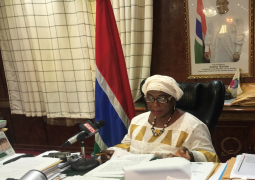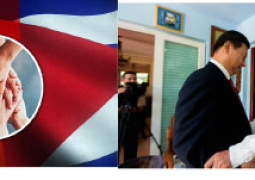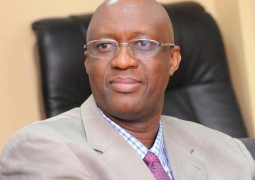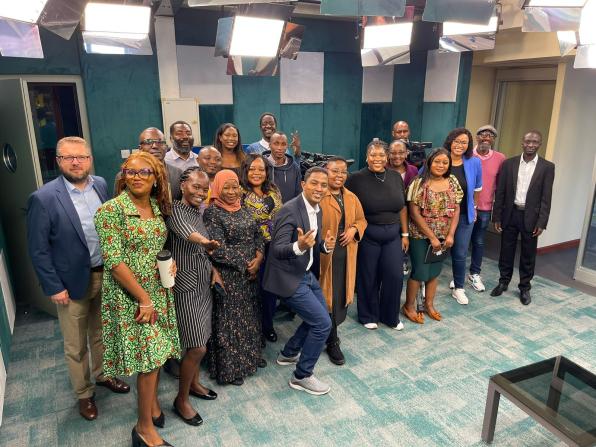
Managing Conflict in Today’s Newsroom is a five-day programme run by Konrad Adenauer Stiftung (KAS) Media Africa in partnership with the Graduate School of Media and Communications at the Aga Khan University.
The course is aimed at equipping news managers with the skills to resolve workplace conflict and disagreement effectively. Participants will deal with varieties of topic such as; issues in media management in sub-Saharan Africa and how they contribute to workplace conflict; contextualizing today’s newsroom environment; ethical dilemmas and resource management for todays’ journalist; management in sub-Saharan Africa and how they contribute to workplace conflict; mental health for journalists and management in sub-Saharan Africa and how they contribute to workplace conflict among a host of topics.
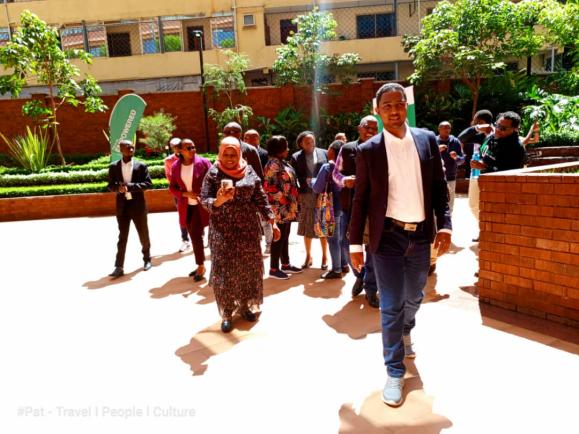
Speaking at the opening event, the director of the Media Programme in Sub-Sahara Africa for the Konrad-Adenauer-Stiftung (KAS), based in Johannesburg, Hendrik Sittig, pointed out that rapid digitilisation has offered many new opportunities that newsroom leaders and journalists have to make good use of; adding that newsroom works have changed enormously while responding to these changes and finding solutions.
He talked about disinformation and fake news as challenging for newsroom leaders, saying disinformation is not new as it existed hundreds of years ago. “Today, however, it becomes much more widespread.”
“The disinformation and fake news threaten out democratic societies, they polarise, divide and destroy and mostly they are oftentimes deliberately produced and disseminated for precisely these reasons,” he said, while citing Russia as an example in making a “dirty game a permanent component for its policy at the international level”.
He advised journalists and newsroom leaders to possess the ability and enlightenment to recognise disinformation and fake news and how it could impact our societies. On media literacy, he spoke about the need for more and better quality journalism, noting that KAS helps improve media freedom in Sub-Saharan Africa.
Wangethi Mwangi, a non-executive director of the Nairobi-based Nation Media Group, which has a presence in Kenya, Uganda, Tanzania and Rwanda, while declaring the training open, expressed optimism that newsroom leaders will at the end of the course, have the wisdom and the requisite skills to deal with different types of conflicts that arise within the newsrooms. He said that societies are bound to face conflicts, but how they are managed is what makes the difference. He added that conflict can equally be managed and transformed in the newsroom into how “we want it to be by balancing an editorial autonomy into collaboration within the newsroom.”
“We need to demonstrate patience, fairness and professionalism in all our interactions,” he said, adding it is something that sounds obvious but difficult to maintain. “We need to embrace change and adapt to the revolving landscape of journalism (digital journalism).”
According to Prof. Nancy Booker, an associate professor and the dean of the Aga Khan University Graduate School of Media and Communications, when a conflict is managed well, “it improves productivity and enhances effectiveness.”
She expressed optimism that at the end of the course, participants would have the ability to recognise various types of conflicts and apply distinct “conflict resolution strategies and emotional intelligence” and communication skills to better manage conflicts in the newsroom.


